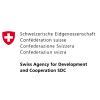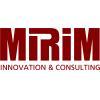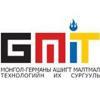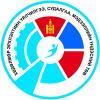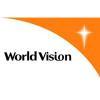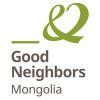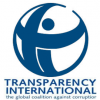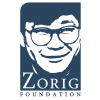DESCRIPTION OF THE PROJECT:
The primary objectives of the survey addressed a broad range of issues impacting rural households. These objectives required IRIM to demonstrate an understanding of key issues including communications, agricultural production and infrastructure considerations, and traditional socio-economic characteristics such as demographics, economic status and civic engagement in society.
From February to April 2012, the Rural Household Survey was conducted by IRIM in the 15 aimags that are project areas of Mercy Corps Mongolia’s “Market Opportunities for Rural Entrepreneurs” and “Productive Agribusiness Chains Support” projects.
Utilising detailed questionnaires, the survey sought to objectively determine the socioeconomic conditions of Mongolia’s rural households. It focused specifically on rural households’ common problems, factors impacting their basic livelihoods, and future development trends. In this respect, the IRIM team examined a broad range of matters impacting rural households and surveyed a total of 1540 rural households from 40 soums across 15 aimags.
To ensure that an adequate cross-section of participant families were represented, the survey sample units were selected using a multi-step sampling method with the following criteria:
- Geographical location:Three geographical indicators were used: a great distance from, a moderate distance from, and adjacent to, the Aimag center.
- Agricultural methods used:Where possible, one soum that chiefly focused on animal husbandry, one soum that focused on farming, and another soum that mixed the two were selected to ensure equal representation.
- Access to Infrastructure:Whether the location is connected to, or at a distance from, large roads and the electricity grid.
The survey required extensive travel and high standards of data quality, analysis and reporting within a relatively short period of time. IRIM provided significant logistical coordination to support field staff and professionals.
DESCRIPTION OF THE SERVICES PROVIDED:
- The research team developed a detailed research design and methodological framework, including development of research instruments, data analysis tools and sampling formula.
- The project saw staff undertake extensive field work in rural areas in 40 soums across 15 aimags. Many participant families were located very remotely, at a significant distance from soum centers, demonstrating IRIM’s capacity to access and interview survey participants that may be difficult to reach as a result of geographical remoteness.
- Following the data collection stage, primary data collected through the survey was sorted and checked for mechanical and logical errors. IRIM then used SPSS 17 data analysis software to analyze data collected from the 1,549 questionnaires.
- For analysis of data related to the family budget, assets and enterprises, indicators from the National Statistics Office and methods of estimating frequency indicators were applied. This analysis enabled the preparation of detailed statistical reports to clearly document, compare and present the findings to the client.
IRIM’s final product suite included delivery of a detailed technical report, copies of the data gathered, and a comprehensive final report including relevant recommendations to the client.
Related projects
-
Leveraging Science and Tradition in DRR in Mongolia III (LTS3), Final Evaluation
Client
International Organization for Migration
.png)

.png)
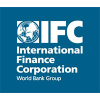
.png)
.png)
.jpg)


